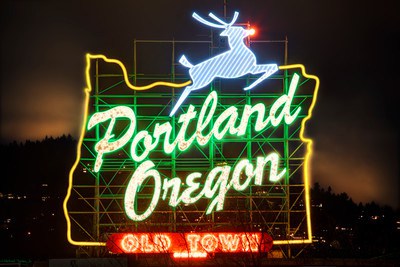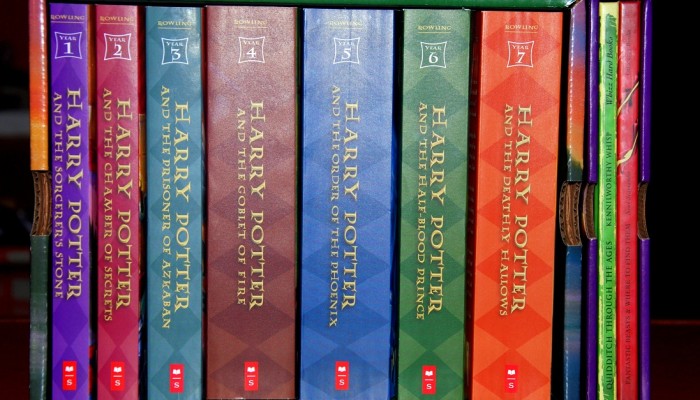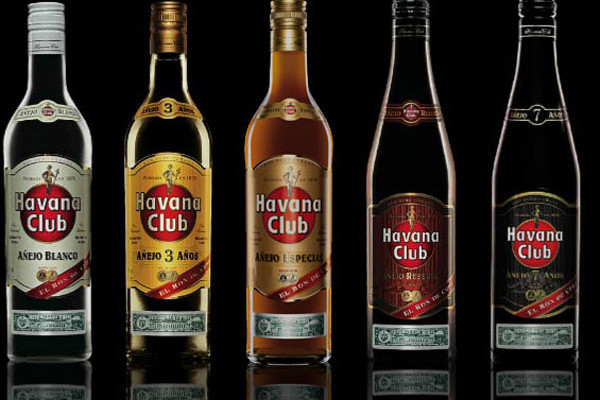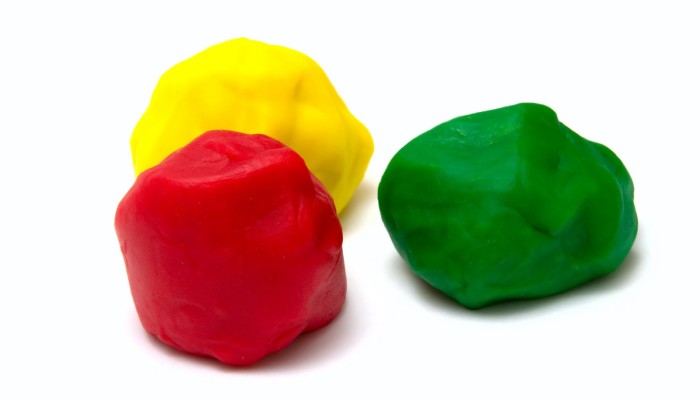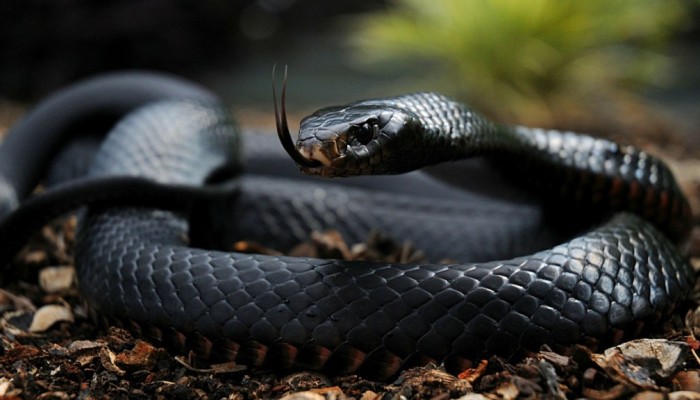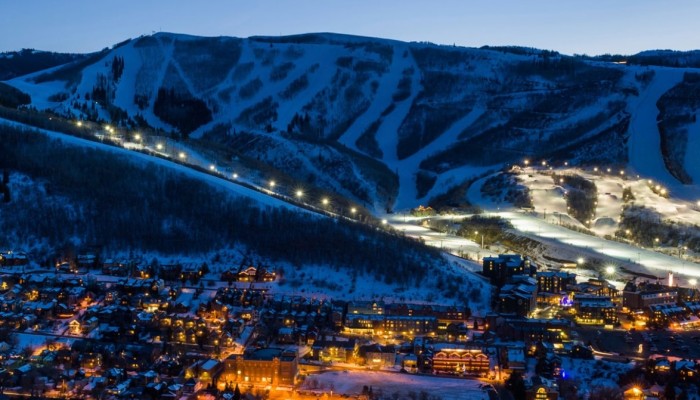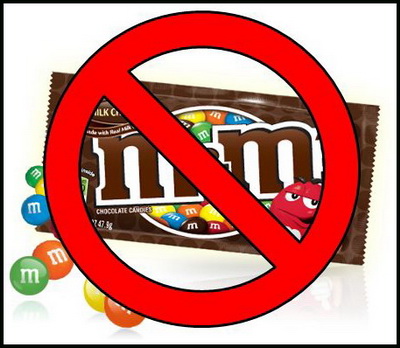One of Portland, Oregon’s iconic locations is the White Stag sign. This neon sign outlined in the shape of Oregon and headed with a jumping deer has changed its written message over the years, currently reading “Portland, Oregon Old Town”, but the jumping deer has always remained. After decades of rising above the city, this sign and the jumping deer have become strongly associated with Portland and are now at the center of a trademark controversy between a local brewer and Portland City Hall.
Continue reading “Portland Trademark Filing Blocked by Local Brewer Registration of Iconic White Stag”
